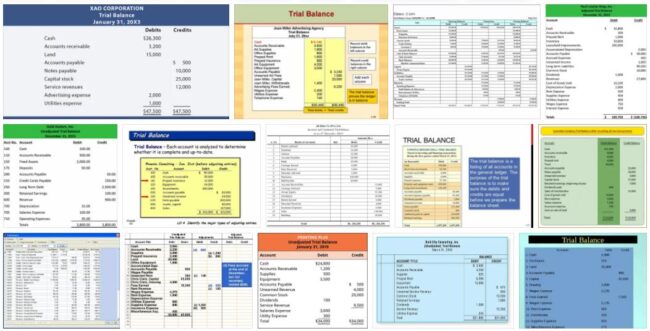If you are preparing to apply to an American university, you are probably wondering how long you should study for the GMAT exam “Can I prepare in a month? What about two? How much do I have to study to get a high score? ” According to biotionary, GMAT means Graduate Management Admission Test.
The answer to this last question depends a lot on the student Some people take the GMAT exam with little preparation, while others spend months studying It is important to define the plan that works best for you and your goals In this way, you will be able to maximize your score, while ensuring that your study plan fits your schedules and needs.
In the following article, we will share with you a guide that will help you determine how long you should study before taking the GMAT exam Your decision will depend on the type of score you want to obtain and the time you have Based on this information, we will explain how many hours you need to study, when you should start and how to create a study plan.
How long should you prepare for the GMAT exam?
Getting a good score on the GMAT can be a very preparation process Most people who want to take this test spend at least 100 hours studying for the test The number of hours increases among those aiming for a score of more than 700.
With that said, there is a great variety in the amount of time people spend studying for the GMAT.
While we can see that people with an average score of 700+ have prepared for more than 100 hours, don’t assume that studying for a certain period of time means that you will get a better score The amount of motivation you put in is also important, as is crafting a quality curriculum to maximize the benefits of your time and effort.
To find out how long you should study for the GMAT test, you must first find out what the gap is between your current score and your target score.
Improve your GMAT score
Before deciding how long to study for the GMAT, you must first know the score you want to achieve and this generally goes hand in hand with the type of university and program you apply to:
- Set your score for the GMAT
Setting a goal on the GMAT takes a bit of work First, you need to make a list of all the business school programs that you would like to attend When preparing your list, think about why you would like to attend each of these colleges.
Next, research the average GMAT scores these colleges ask for You can find this information on the admission page of each of their programs You can also try calling the admissions department if you can’t find the information.
Once you have this information, add it to your list and average all the notes so that you can establish a rough score It is recommended that you add about 20 more points to your goal score This means that you will be above the range of the average score for all the programs of your interest.
- Take mock GMAT exams
Once you’ve calculated the score you need to achieve, take a diagnostic test to get an idea of how far you are from reaching your goal After taking it, you will automatically receive your total GMAT score.
You can also take practice or mock exams to determine your strengths and weaknesses This step is important because it gives you the most realistic and closest practice questions from the official exam.
When you take these prep tests, try to imagine that it is the official GMAT exam Feeling the pressure of time, your nerves will gradually shrink and by the time D-day arrives, you will be completely relaxed and confident.
You will be interested: ” How to get a high score on the GMAT exam “.
- Study time
Taking a diagnostic test helps determine your baseline or baseline score Now that you’ve figured it out, you’ll want to compare it to your goal score Calculate how many points you need to reach the score of the university in which you are interested.
Next, we will show you some estimates of how long you should study for the GMAT according to the number of points you need to improve:
- 0 to 50 upgrade points: 50 hours
- 51 to 100 points: 100 hours
- 101 to 150 upgrade points: 150 hours
These are rough estimates and will be slightly different for each student However, they are a good starting point.
Trying to score 150 points more than what you got on the diagnostic test will likely be difficult and time consuming But with the help of our teachers you can make substantial improvements to your score.
Remember that not necessarily studying more hours in a day will help you raise your score In general, the first few hours of study are the most productive since your brain is at its peak.
- Calculate how many hours you can study in a week
The next step in creating your study plan is to calculate how many hours per week you can study.
It is important to be realistic about this as you want your study time to be productive, but without neglecting your other responsibilities.
In general, it is more important to put in more hours than more weeks In other words, it is better to study 120 hours for twelve weeks than 80 hours for fifteen weeks However, the amount of time you can commit per week also depends on your goals and responsibilities If you set too long a practice schedule, you can end up frustrated and exhausted.
The more hours you can study the GMAT in a week, the fewer weeks you will need to study However, trying to study for 20 hours on a weekend probably won’t help much: schedule your times well; set a constant number of hours per week.
- How many weeks do you need to study
Now that you know how many hours to study, it is time to find out how many weeks you need Divide the total number of hours you need by the number of hours you can study each week The result will be the number of weeks you need to prepare.
For example, if you need 120 hours to reach your score and you can study for 10 hours a week, you will need to study for 12 weeks.




